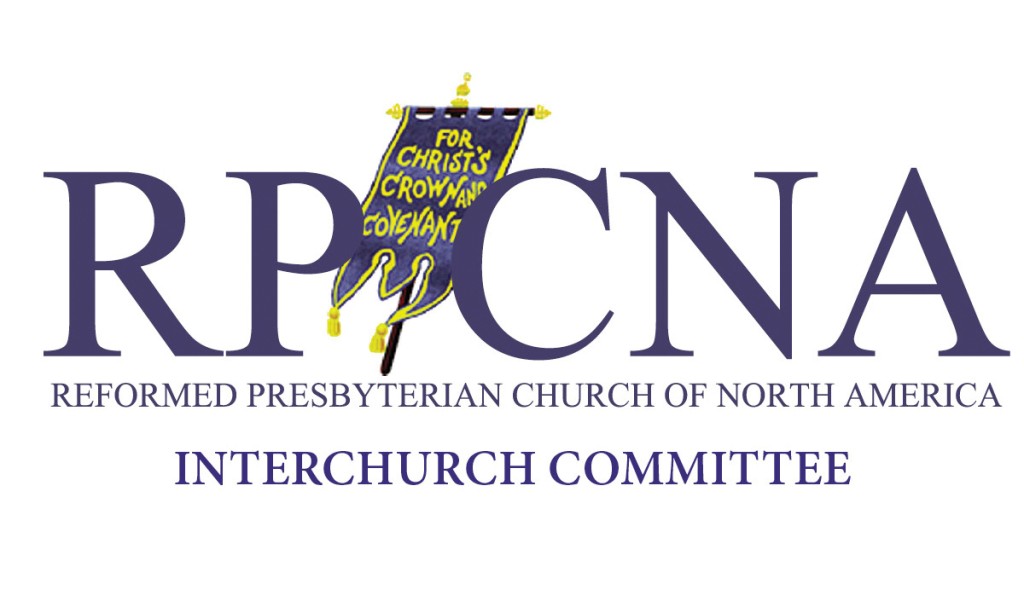You have free articles remaining this month.
Subscribe to the RP Witness for full access to new articles and the complete archives.
In John 15:5, Jesus told His disciples, “I am the vine; you are the branches.” The church of Jesus Christ is a unified community, transcending national boundaries, linguistic barriers, ethnic origins, and even temporality. The church is one body bound together in its one head, Jesus. Yet, we have many branches and many members. As Reformed Presbyterians, we receive communicants, membership, and ordination from “true branches” of Christ’s church. We acknowledge diversity and plurality amid unity.
Such unity among Christ’s churches is a worthy goal. Our Testimony (25:14) declares, “Divisions that separate believers into denominations mar the unity of the Church and are due to error and sin. It is the duty of all denominations which are true churches of Christ to seek reconciliation and union.” This commitment to expressing the unity of Christ’s body rests on His desire for His church. The Apostle Paul is emphatic about church unity; we are one (1 Cor. 10:17, Eph. 4:5). Jesus prayed “that they may be one” (John 17:11, 21). Denominations mar the unity of the church because separation contradicts Jesus’s prayer.
This combination of the one and the many causes tension. Some branches become unfruitful and are removed from the vine (John 15:2). Some branches become proud and wish others were removed (Rom. 14:4, 10). Which churches should we have fellowship with, and how much fellowship is appropriate? How can churches grow in their like-mindedness and fellowship? For Reformed and Presbyterian churches, efforts at greater unity come through voluntary associations and interchurch committees.
The RPCNA is a member church in the International Conference of Reformed Churches (ICRC) and the North American Presbyterian and Reformed Council (NAPARC). These bodies remind us that our little branch is not the whole vine. These conferences provide annual and occasional opportunities to cultivate relationships and conversations that, Lord willing, increase solidarity and cooperation across denominations. The process can seem long, two steps forward and three steps back. The expense of time and money can seem wasted.
But Jesus does not wave a magic wand and put everything back together like a fairy godmother. He works through humans and history. He gives this ministry of reconciliation to us (2 Cor. 5:18). We give time and money, through our Interchurch Committee, to tending the relationships and conversations that, by His grace, deepen bonds of love and align efforts at ministry. Let’s pray for this slow but worthy work to produce fruitful alliances with fellow branches.
For example, the RPCNA has the greatest consensus with and affinity for other Reformed Presbyterian denominations across the world. We maintain relations with the RP churches of Australia, Canada, Ireland, Scotland, and South Sudan. We also cultivate connections with North American allies like the ARPC, FRCNA, HRC, PCA, OPC, RCUS, URCNA, and other such acronyms. A quick look at naparc.org can give a fuller picture. These sister churches give us the opportunity to support and encourage the whole vine and not just our branch, even as they bless us and pray for us. Let’s pray for these churches and their work.
Efforts at greater unity should trickle down from the denominational level; or, maybe it should bubble up from local congregations. We have no denominational alliance with Reformed Baptist churches, but many of them buy our psalters. The Reformed Presbyterian Theological Seminary (RPTS) and Geneva College provide education for people from many different churches. RPs are blessed and built up by parachurch campus ministries and sister churches in places where no RP congregation yet exists. Conferences like Ligionier and Banner of Truth pull together pastors, elders, and theologians for mutual encouragement and edification. Mercy ministry organizations, such as pregnancy support centers, homeless shelters, youth groups, and Christian schools, have to draw on a diversity of denominations. Let’s pray for and participate in such things.
The pursuit of unity should not come at the expense of truth but rest upon it. As the Testimony (25:14) says, “Such organizational unity, however, should be sought only on the basis of truth and of scriptural order.” For this reason, let’s devote our resources to cultivating the bonds of love and cooperative ministry.
